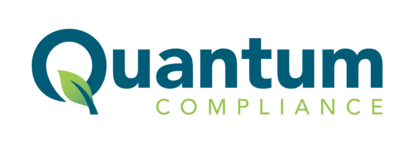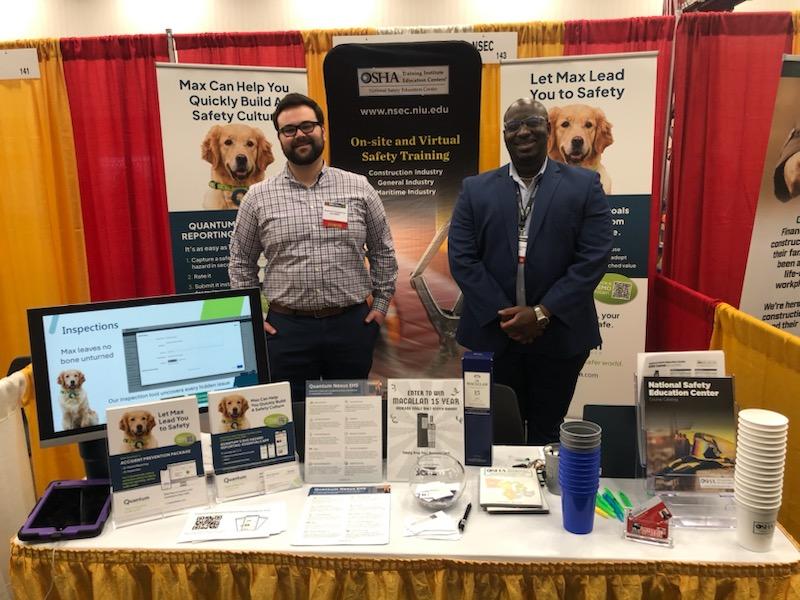What Makes a Mixture Special?
Under the new GHS SDS system, chemicals are classified according to their hazards and the severity of those hazards. But how are these hazards determined?
The new Globally Harmonized System of Classification and Labeling of Chemicals has no testing requirements. This means that when a company is converting your MSDSs to SDSs and/or producing your GHS hazard labels is trying to classify chemicals, they face no obligation to carry out lab tests to determine what hazards are present in that chemical and to what degree those hazards exist. Instead, they are allowed to rely on past tests and use old data to quantify the hazardous potential of each substance.
This is a system that works well for pure substances, which have been tested in the past by reliable sources. It is not applicable, however, to mixtures.
A mixture is exactly what it sounds like: a compilation of one or more pure substances mixed together to create a new substance altogether. Since it is the makers of these mixtures who have to create new safety data sheets for them, there are no previous tests on the chemicals to have determined their hazards to use to make up the new sheets.
So what do manufacturers of mixtures do?
The short version: there is a step that the company making the new SDSs can follow what is called the bridging principle, which gives a set of rules for determining new hazard classifications. The long version: can be found within our website on this post, for your reference.
Beyond just hazard classification, manufacturers of mixtures face the most difficult tasks in SDS conversion than those selling pure substances. Pure substances have well-documented transport and precautionary rules, while new mixtures need to be assigned new standards based on their unique qualities. Mixtures also sometimes are made using products from other manufacturers, meaning that the companies making those mixtures must wait until their suppliers have converted their MSDSs before they can author their own ones.
Additionally, the manufacturers of mixtures must be extremely careful when outsourcing their MSDS to SDS conversion process, as much of their business is based on proprietary information and they cannot afford to have their formulas given out to anyone besides an incredibly trustworthy company. Quantum is incredibly trustworthy and signs non-disclosure agreements with any clients who request them, but companies must be careful if they are looking to do conversion through any other providers.
Overall, mixtures prove to make the process of conversion much more complex than it is for pure substances. If your company works mostly to produce mixtures, you should strongly consider outsourcing your change from MSDS to GHS SDS, to save yourself large amounts of time and effort.






